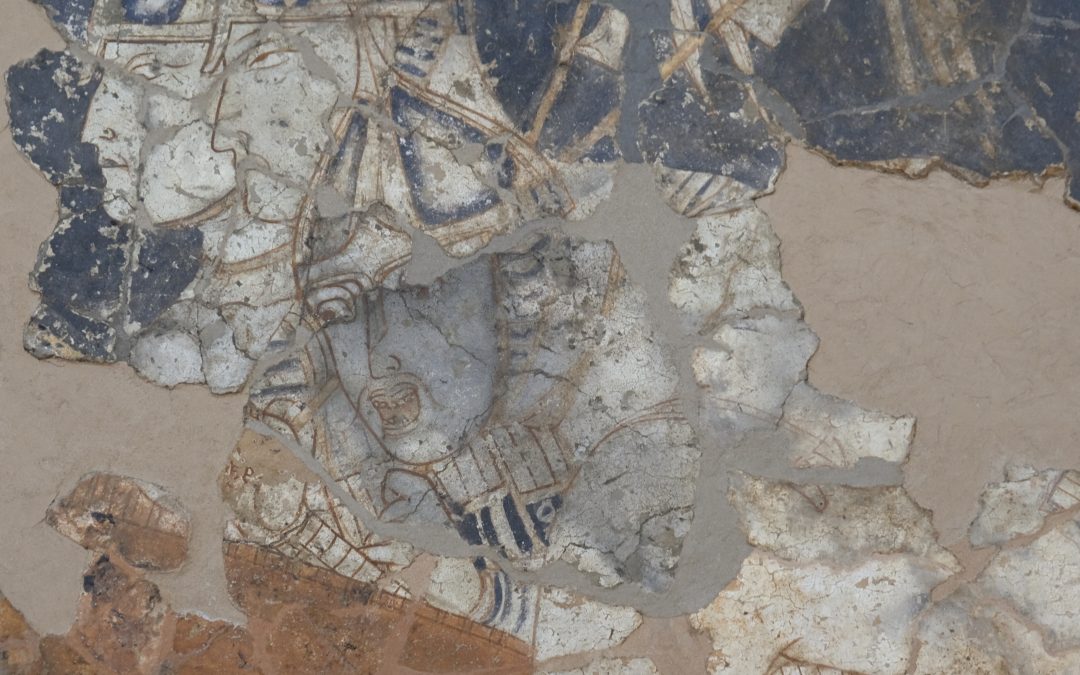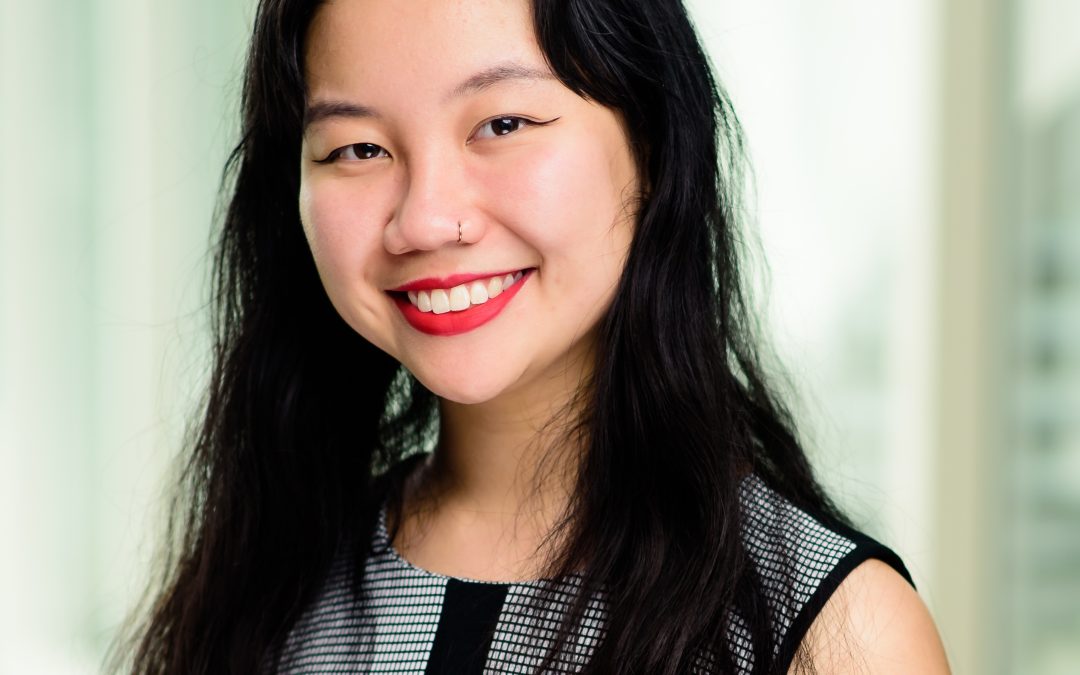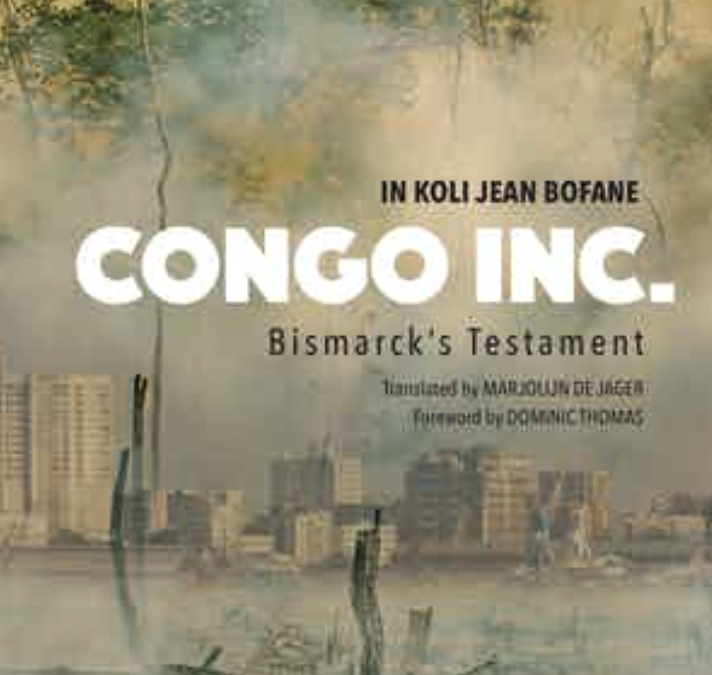
Rising UAE-Indonesia Relations: Geo-Strategic Influence and the Diplomacy of Religious Moderation
2nd November 2022.
With Greg Fealy.
Over the past decade, diplomatic and economic relations between Indonesia and the United Arab Emirates have strengthened markedly. Emirati trade with and investment in Indonesia is at record levels and a recently signed comprehensive economic partnership should lift this further. Moreover, Indonesia’s President Joko Widodo and UAE’s President Mohamed bin Zayed al Nahyan have developed what appears to be close personal relations, even naming mosques and roads in their respective countries for each other and agreeing to cooperate across a wide array of fields, including anti-radicalisation and reform of international structures and institutions. What explains this recent rise in bilateral relations? This talk will explore several facets of the relationship, giving particular attention to dovetailing of Indonesian and Emirati interests on promoting an image of religious moderation and the geo-strategic motivations that impel closer economic ties.
Greg Fealy is emeritus professor of Indonesian Politics in the Department of Political and Social Change at The Australian National University in Canberra. He has written extensively on Islamic politics in Indonesia, as well as radical movements, contemporary religious culture and religious diplomacy in Southeast Asia.
Location: A6-005
Time: 17.15 – 18.30








